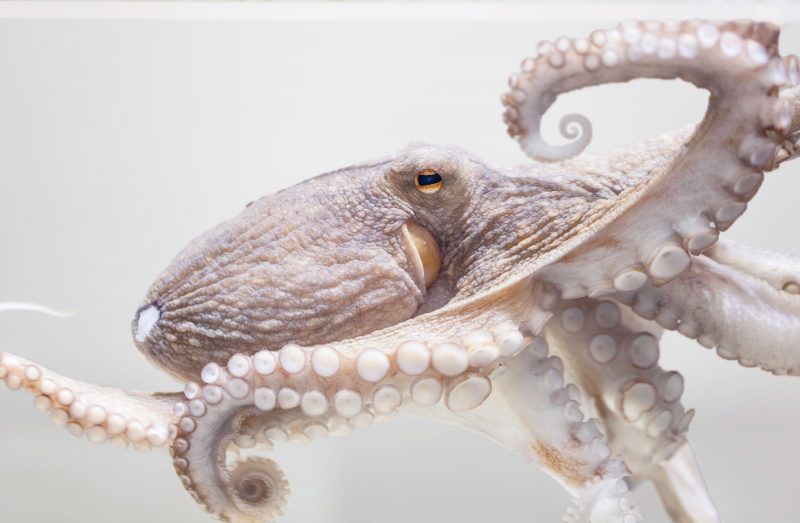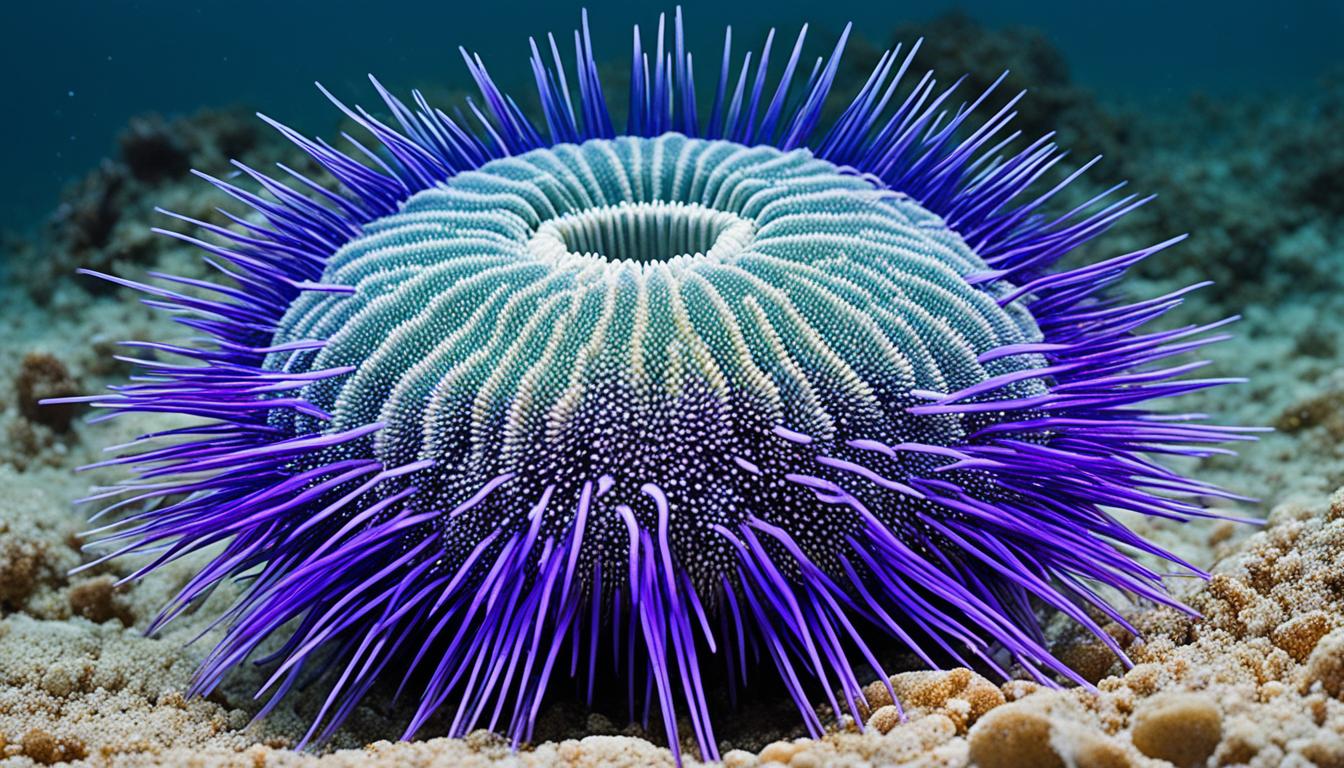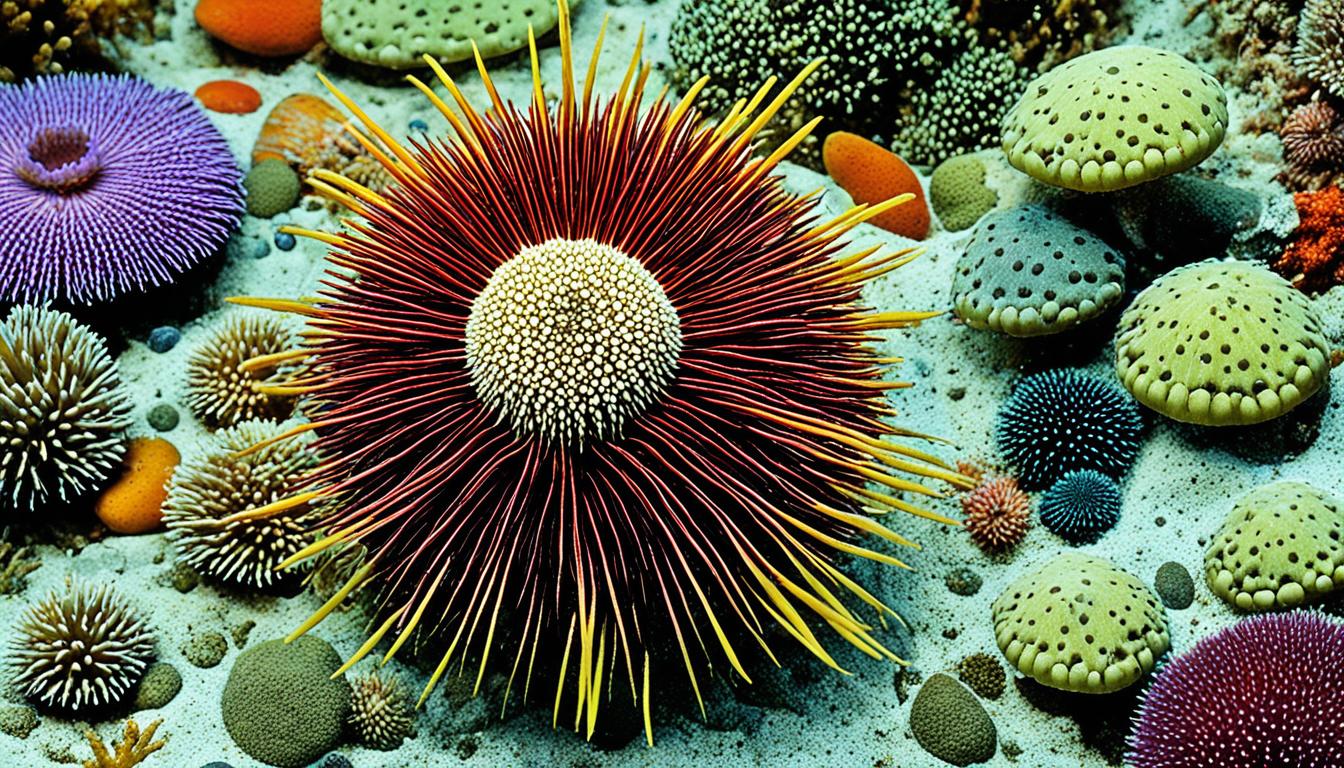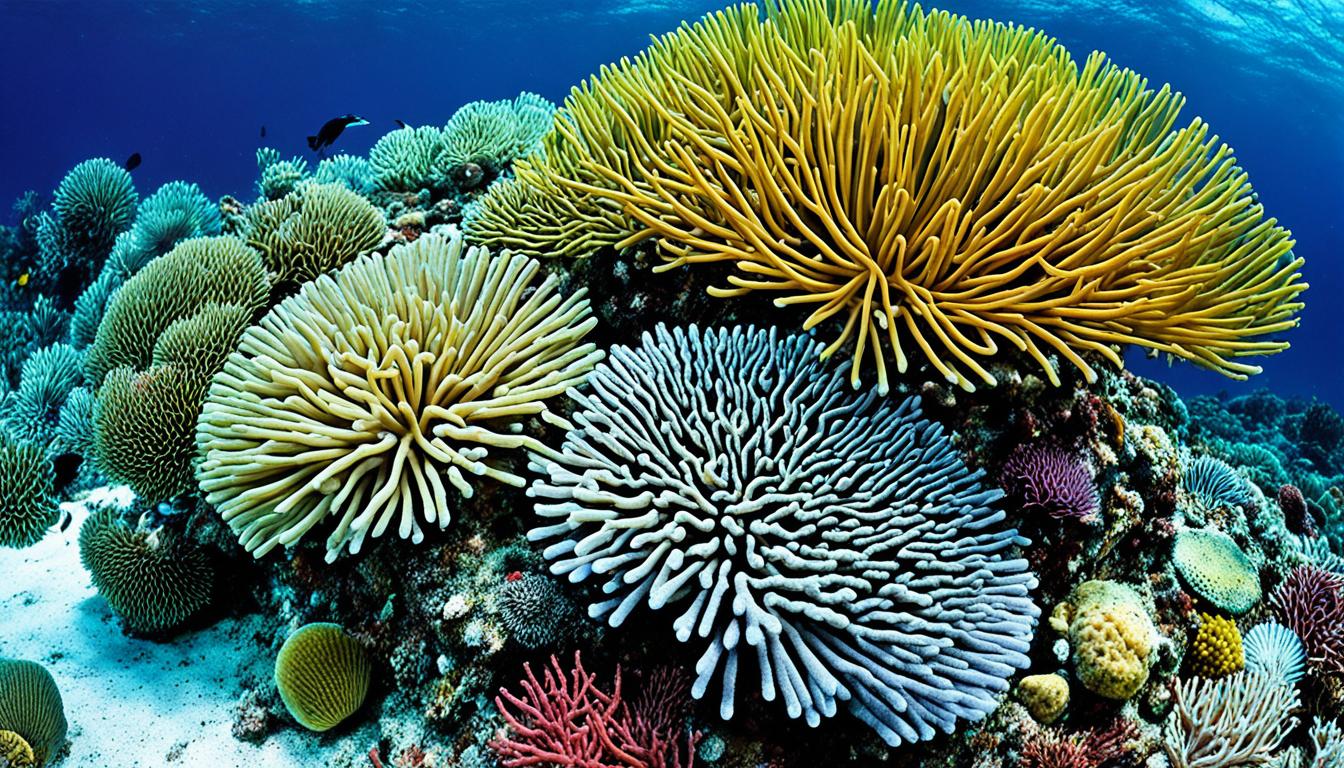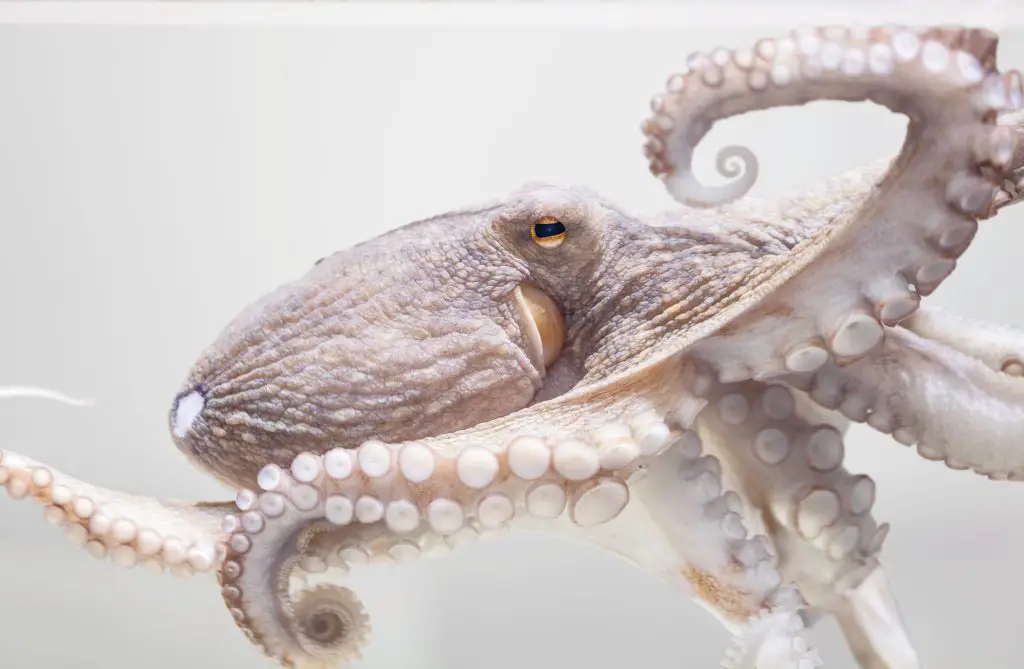
Octopus seems to be a very cute sea creature but it is very sharp at the same time. Octopus has eight legs and there are a lot of suction pumps on each.
With the help of those suction pumps, it can make a grip on anything and it is also used to hold the prey very tightly.
That is the reason it can quickly grab and kill the crabs that have strong jaws. So let’s discuss what happens when an octopus loses a leg or a limb!
An octopus, like a starfish, can recover missing arms. A severed octopus arm, unlike a starfish, does not sprout another octopus. However, the biological secrets hidden inside the arm regeneration accomplishment hold the promise of revealing more about how we can better restore sick or missing tissue in our bodies. Fresh organs or nervous parts, if not full limbs, are a possibility.
An octopus with less than 8 least partial arms is extremely rare. Because as quickly as an arm is damaged or lost, a regrowth process begins to restore the limb’s function, from the internal nerve bundles to the flexible suckers on the outside.
Even lizards who have lost their tails frequently regenerate tails that are inferior to the originals. In the case of octopuses, however, once one arm has been regrown, it is practically as fresh and new. And now we’re finally getting a glimpse of the processes that drive this remarkable process.
Scientists Research Regrowing Limbs on Octopuses
For research purposes, the scientists took some of the octopuses for the study so that they can examine whether their limbs can regrow or not. Six healthy octopuses having eight arms female-typical octopuses (Octopus Vulgaris) were taken off the coast of Italy and analyzed. The octopus was sedated and a tiny portion of each arm (one to two centimeters) was removed. When the animals recovered, they appeared to go about their business as usual.
Only their biochemistry had begun to shift in their bodies. Within three days, a series of chemical signals triggered the creation of a “knob” where the cut was already made, which was covered in undifferentiated cells.
The “hook-like shape” evident at the end octopus arm in the third week was caused by additional chemical signals. A large number of stem cells and blood vessels had arrived on site around that time. However, day by 28, these characteristics vanished. The arms tip regrew in for the next 100 days or more, resembling the original.
Can An Octopus Survive Missing An Arm?
On the other hand, the octopus arm may crawl around and grasp anything in its path after being amputated. In the environment, amputation is common since octopus arms recover after being lost, and octopuses might still consume their own or others’ arms.
Octopuses have amazing dexterity. With their dexterous arms, they can twist opening screw-top jars, peel oysters apart, and generally manipulate their surroundings.
These arms of the octopus have small systems that allow them to govern movement without having to communicate with the octopus’s brain.
Humans have few motor reflexes that can operate without the brain’s input, although these reflexes are usually simple, such as the knee jerk response that occurs when a doctor touches your kneecap.
So, even if one arm is lost due to any reason, the other arms work incredibly and the broken limb comes back with time. That is the reason when an octopus dies, its legs will keep on moving for a longer time.
Can Squids Regrow Their Limbs Like Octopuses?
Can Squids Regrow Their Limbs Like Octopuses? While squids and octopuses share many similarities, one prominent difference between octopus and squid is their regenerative abilities. Octopuses have the remarkable capacity to regrow their limbs if they happen to lose one, while squids, on the other hand, do not possess this specific regenerative capability. Although both fascinating creatures of the sea, their regrowth potential sets them apart.
How Long Does It Take For an Octopus Arm To Grow Back?
Even though each arm of an octopus contains a small brain and a large network of neurons, octopuses may regrow complete arms.
Undifferentiated stem cells start the healing process and mature into specialized cells, such as nerve and muscle cells in a new arm. The arms that have been regenerated are as good as new and are fully functional replacements for the original arms.
Octopuses have the remarkable capacity to regenerate a perfectly functioning arm in about 102 to 132 days. Several animals can grow appendages, however, the replacement appendage is rarely as good as the real thing in most species. For example, Lizards can renew their tails using immature cells, but the regenerated tails are rarely as good as the originals.

